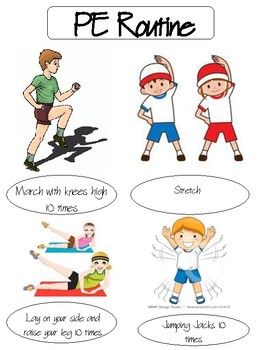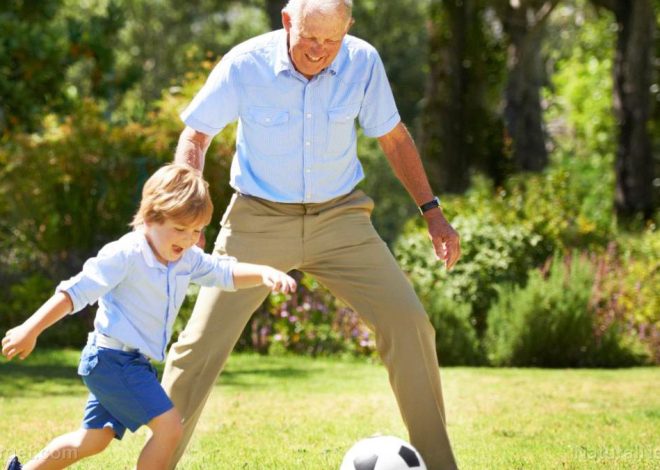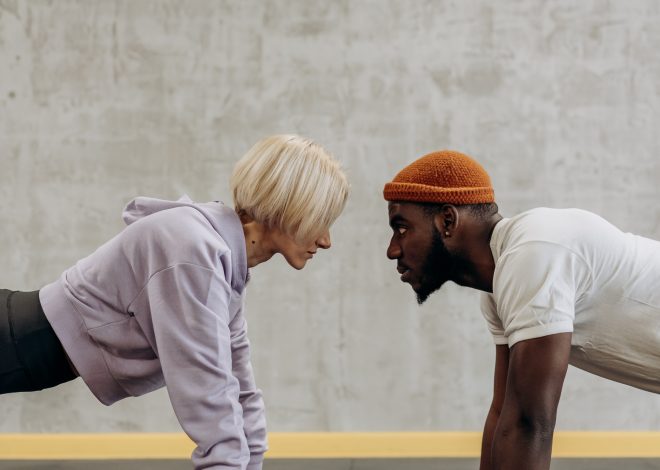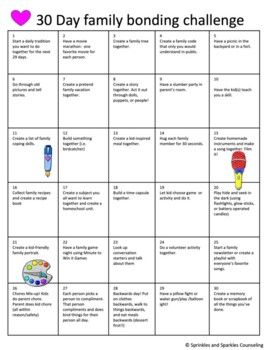
Teaching Teens About Healthy Exercise Habits
During the teen years, it is crucial to establish healthy exercise habits that can lay a foundation for a lifetime of good health. By educating teenagers about the importance of exercise and teaching them proper exercise techniques, we can help them develop a positive attitude towards physical activity. In this article, we will explore effective ways to teach teens about healthy exercise habits.
The Importance of Exercise for Teens
Regular exercise offers numerous physical and mental health benefits for teenagers. It helps in maintaining a healthy weight, reducing the risk of chronic diseases like heart disease, diabetes, and obesity. Physical activity also promotes strong bones and muscles, improves cardiovascular health, boosts mood, enhances mental focus, and reduces stress. It is crucial to emphasize these benefits to motivate teens to engage in regular exercise.
Lead by Example
Teens are more likely to adopt healthy exercise habits if they see their role models engaging in physical activity. As parents, teachers, or mentors, it is essential to lead by example. Regularly participate in physical activities such as walking, jogging, or playing a sport. Encourage your teenager to join you and make exercising a fun activity that you can enjoy together. By showing enthusiasm and incorporating exercise into your own routine, you can inspire teens to do the same.
Educate about Different Types of Exercise
Teens should be aware of the various types of exercises available to them. Introduce them to aerobic exercises like running, swimming, or cycling that improve cardiovascular fitness. Strength training exercises, such as push-ups, squats, and lunges, help develop strong muscles. Flexibility exercises like yoga or stretching routines enhance joint mobility and prevent injuries. By explaining the benefits and demonstrating different exercises, teens can choose activities that suit their interests and personal goals.
Make it Fun and Engaging
Many teens may view exercise as a chore or something boring. To make it more enjoyable and engaging, encourage them to participate in activities that align with their interests. They can join a sports team, learn martial arts, try dance classes, or explore outdoor activities like hiking or biking. By finding activities they genuinely enjoy, teens are more likely to stick to a regular exercise routine and develop a lifelong habit of staying active.
Set Achievable Goals
Teens often respond well to setting goals and tracking their progress. Help them set achievable exercise goals, such as running a certain distance, improving strength, or increasing flexibility. These goals should be realistic and tailored to their individual abilities. Keeping a record of their achievements and celebrating milestones can boost their confidence and motivation. Setting goals also allows teens to monitor their progress and make adjustments to their exercise routine as needed.
Ensure Safety and Proper Technique
Safety should always be a priority when engaging in physical activity. Teach teens the importance of warming up before exercising and cooling down afterward. Emphasize the significance of using proper techniques to prevent injuries. Encourage them to listen to their bodies and avoid overexertion. If possible, consult with a fitness professional who can guide them towards safe and effective exercise practices.
Incorporate Exercise into Daily Routine
To make exercise a consistent habit, encourage teens to incorporate physical activity into their daily routines. They can walk or bike to school, take the stairs instead of the elevator, or participate in extracurricular activities that involve movement. Limiting sedentary behaviors such as excessive screen time is also crucial. Encourage breaks during study or leisure time to engage in brief physical activity, like stretching or going for a short walk.
Conclusion
Teaching teens about healthy exercise habits is vital for their overall well-being. By emphasizing the benefits of exercise, leading by example, educating about different types of exercise, making it fun and engaging, setting achievable goals, ensuring safety, and incorporating exercise into daily routines, we can help teenagers develop lifelong habits of staying physically active. Engaging in regular exercise during their teenage years can have a profound impact on their physical, mental, and emotional health, leading to a more fulfilling and healthy adulthood.


